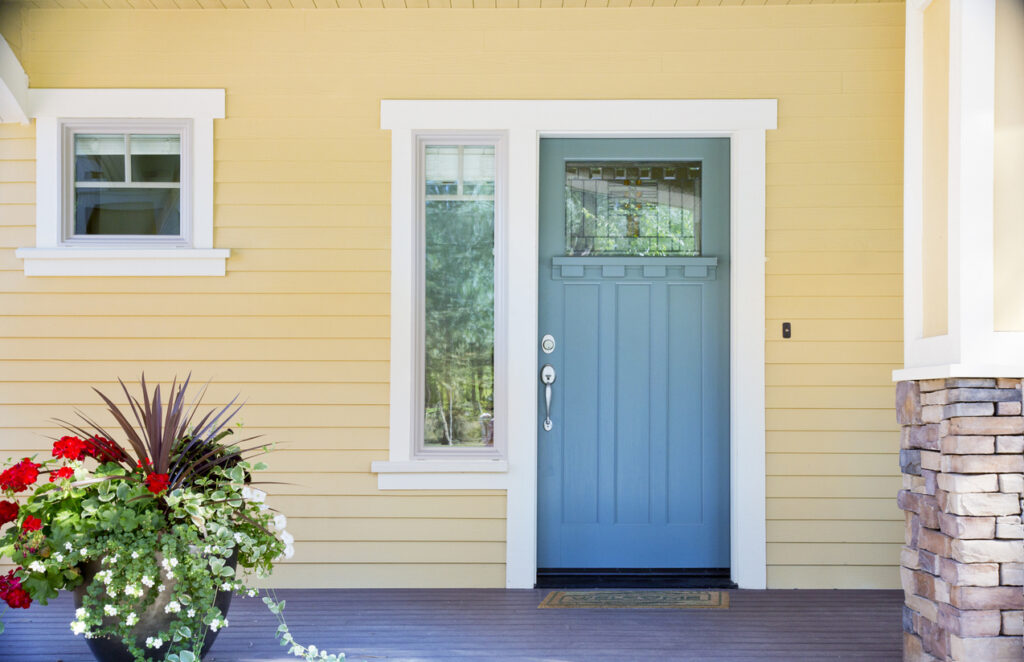It has been a mantra for some time now among politicians of all parties that home insulation is the magic bullet that could dramatically cut our energy bills. Government plans to retrofit insulation have been expected to reduce energy consumption by 15% over the next eight years for buildings and industry, while Labour has been promoting insulation as a ‘national mission’ that could save £11 billion in just three years.
It has, therefore, come as something of a shock to discover the results of a 12-year study conducted at Cambridge University in which they analysed the gas consumption patterns of over 55,000 homes across the UK.

The First Study
Announced in the early days of 2023, the survey suggests that the benefits of both cavity wall and loft insulation have been significantly overestimated. The installation of cavity wall insulation was found to result in a 7% drop in gas consumption in the first year, falling to just 2.7% in the second. By the fourth year, the energy savings are apparently negligible.
Meanwhile, loft insulation has fared even worse. An initial saving of 4% is already reduced to 1.8% by the end of the first year and by the end of the second becomes negligible.
The researchers have found several causes for these surprise discoveries, one of which is known as the ‘rebound effect’, in which consumer behaviour changes to cancel out any initial reductions in gas usage. This could include things like opening windows to clear stuffy rooms and just turning up the heating – perhaps the rationale is that people are ‘spending’ the savings they’re making with the insulation on getting the home even warmer than they previously would have done.
Meanwhile, the fitting of cavity wall insulation often takes place alongside other home improvements, such as extensions and conservatories, which then take extra energy to heat. In fact, households with conservatories were found to lose all benefits of fitting insulation after the first year.
Is insulation still worthwhile?
Despite these findings, the researchers are not suggesting abandoning insulation plans altogether. One of the authors of the report, Professor Laura Diaz Anadon, director of the Cambridge Centre for Environment, Energy and Natural Resource Governance, said:
“These sorts of efficiency improvements can keep our houses warmer in the winter, cooler in the summer. They might reduce damp, or it might become more affordable to keep your house warm. There are plenty of benefits, especially for low-income households. However, home insulation alone is not a magic bullet. These results suggest that to also have the benefits of reduced gas consumption, additional measures are needed.”
Professor Laura Diaz Anadon, director of the Cambridge Centre for Environment, Energy and Natural Resource Governance
Here at KG Smith & Son, we’re one of the leading suppliers of domestic fuel in the UK, delivering heat logs, smokeless house coal and other winter fuel packages to homes right across the country. Perfectly suited for warming a single room where you have an open fire or multi-fuel stove, or as a cost-effective alternative to the increasingly expensive natural gas, our fuels are an environmentally-friendly and cost-effective choice.


